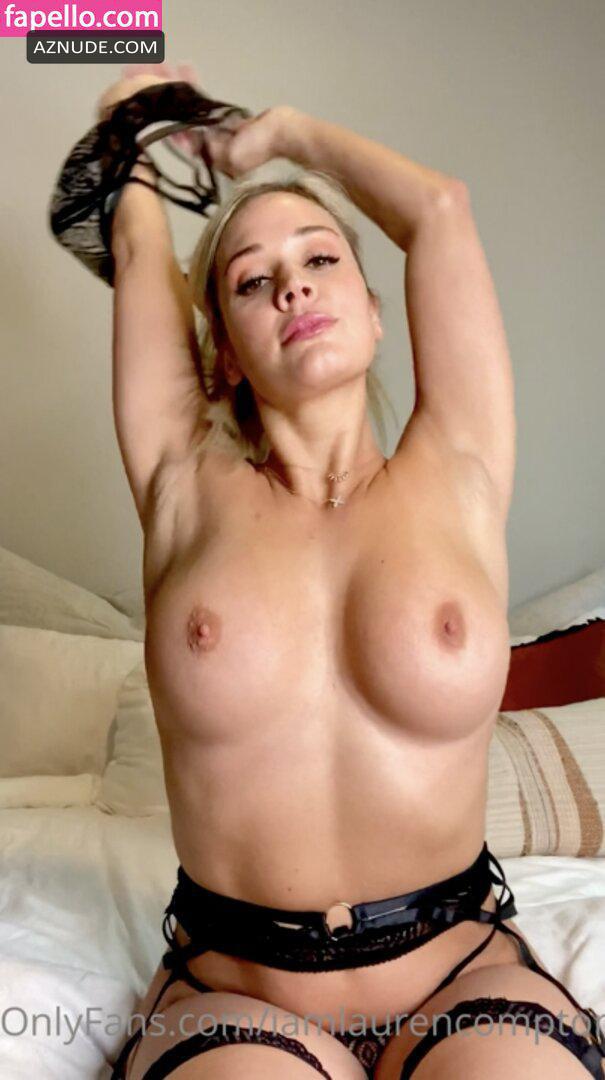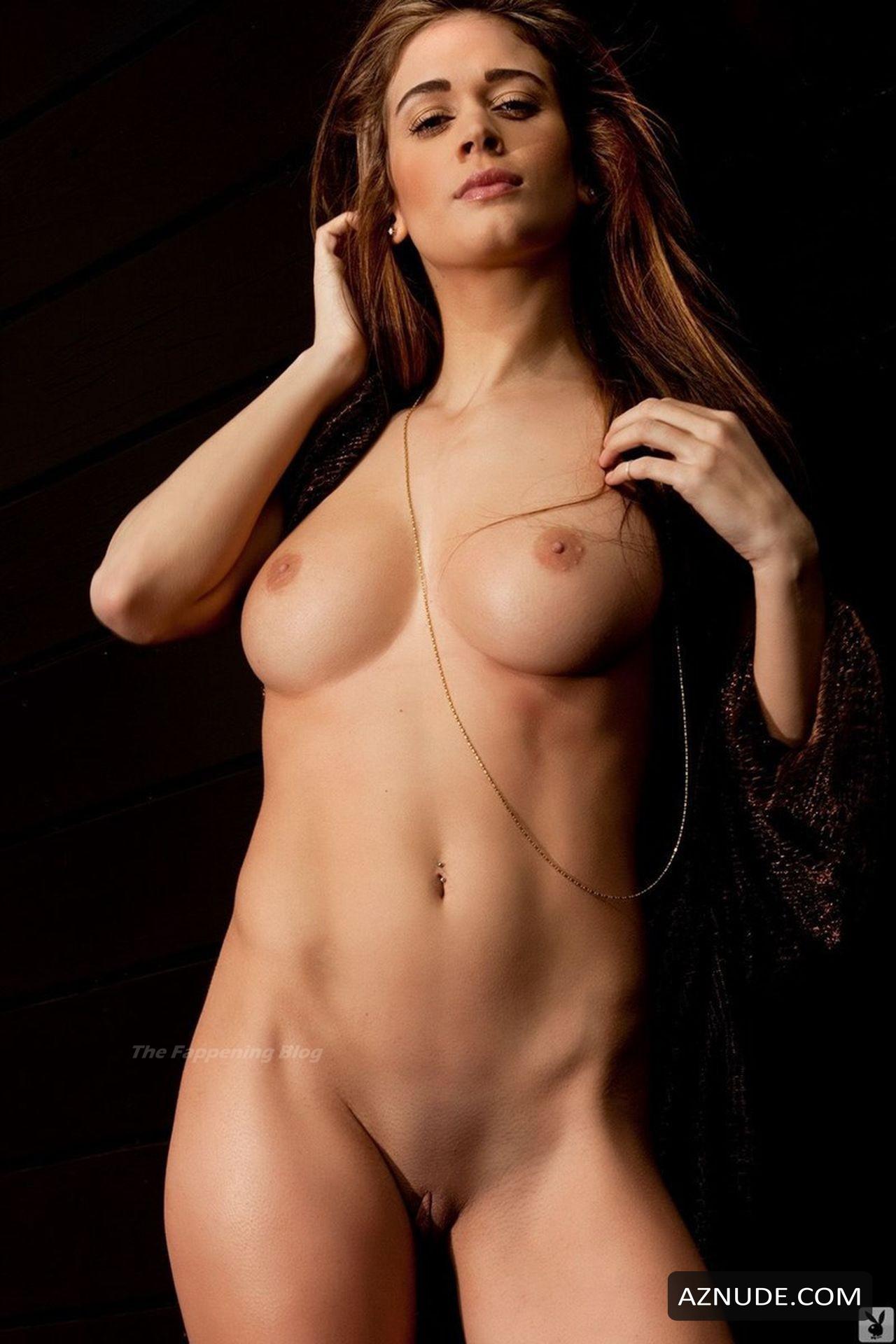AI-Generated Content
This article has been created using advanced AI technology to provide you with informative and engaging content.
AI-Curated Resources:
When folks talk about online content creators and the different ways people share what they make, it brings up a lot of thoughts about how digital spaces work. You know, it's almost like a big, sprawling neighborhood where everyone's got a window into someone else's daily goings-on, or maybe a stage where they show off their particular talents. This kind of sharing, whether it's through music, comedy, or more personal expressions, has really become a big part of how we connect these days. It's a fascinating area to think about, really.
So, we often hear about people like Lauren Compton and the platforms they might use, such as OnlyFans. It's a conversation that touches on everything from creative freedom to how audiences engage with what they see. These places, in a way, allow creators to connect with their followers in ways that were, you know, just not possible a while back. It's a very direct kind of interaction, sometimes quite personal, which changes the whole dynamic of being a public figure or an artist.
This discussion also brings up some interesting points about the communities that form around these creators and their content. You see, these aren't just one-way broadcasts; there's a lot of back and forth, a lot of comments and reactions. It means looking at what draws people to certain content, how they show their appreciation, and even the kinds of guidelines that pop up in these digital gathering spots. It's all part of the bigger picture of how people come together online, actually.
Table of Contents
- Understanding the Online Creator Space
- How Do Online Communities Influence Content?
- Setting Boundaries on Digital Platforms
- The Human Connection in Digital Spaces
Understanding the Online Creator Space
When we think about folks who put their work out there on the internet, it's pretty clear that there's a whole spectrum of what that can look like. Some people share their musical creations, like Lauren Monroe, who apparently pulls from older folk and Americana sounds, adding her own sparkle to each tune. She even had a workshop, you know, a webinar back in 2018, and played at a city winery, which sounds like a nice way to share music. This kind of sharing is about connecting with people through art, which is, well, a very old idea, just on a new kind of stage.
Other creators, though, might find themselves in different kinds of online areas, like the "youtubersgonewild" community, which has quite a lot of people following it, nearly half a million subscribers. This suggests that there's a big appetite for a certain kind of content that pushes boundaries a little, or maybe a lot. It's a place where, apparently, the ladies on YouTube are quite, you know, open with what they share. This shows that the internet offers many different avenues for expression, and for finding an audience for nearly anything you can think of.
What is the appeal of online content creation, like for Lauren Compton OnlyFans?
So, what makes people want to put their lives and their creative efforts out there for everyone to see? For some, it might be the chance to share their unique voice, just like how Lauren Monroe puts out songs with "messages from aphrodite." For others, it could be the direct connection with fans, a way to build a personal following without needing big record labels or traditional media outlets. It’s a bit like having your own little corner of the internet where you set the rules for what gets shared and how. This direct link, you know, can feel much more real and personal for both the creator and the people watching or listening.
Platforms that allow for direct fan support, like OnlyFans, often come up in these discussions. They offer a way for creators to get paid directly by their audience, which is a pretty big change from how things used to be. It means that if someone like Lauren Compton were to use such a platform, she could, in some respects, build a sustainable way to create content, whatever that content might be. This model gives creators a lot of control over their work and how they interact with the people who enjoy it, which is, honestly, a significant draw for many.
How Do Online Communities Influence Content?
Online communities play a really interesting part in how content gets made and shared. You see, places like Reddit, with groups for specific podcasts or types of content, are where people gather to talk, share jokes, and suggest ideas. For instance, there's a community for "yourmomshousepodcast" with a fair number of subscribers, and another for "are you garbage," which is about comedians. These spots are basically digital hangouts where fans can feel a sense of belonging, and where the conversation around creators can really take off.
These communities aren't just passive places, though. They can really shape what creators do, sometimes through direct feedback, and sometimes just by showing what kind of content gets a lot of attention. When people talk about "youtubersgonewild" or the "bigtittycommitteensfw" community, it shows that there's a strong audience for specific kinds of content, and these groups become places where that content is discussed and celebrated. It's a powerful feedback loop, in a way, between the people making things and the people enjoying them, which influences what gets made next.
The Dynamics of Fan Interaction for Lauren Compton OnlyFans
The way fans talk to creators online can be pretty varied, and sometimes, it gets very personal. For instance, there's that message to a "Dear Lauren" where someone expresses a very strong admiration, saying she has a "wonderfull heart and an angels smile," and then goes on to express a rather explicit wish. This kind of direct, sometimes intense, fan communication is part of the landscape for anyone putting themselves out there, especially on platforms where the connection feels more intimate, like OnlyFans. It shows that the lines between public and private can get a little blurry.
When we consider someone like Lauren Compton and the possibility of her having an OnlyFans presence, the fan interactions would, you know, likely follow similar patterns. People want to feel close to the creators they admire. They might send messages, leave comments, or even request specific kinds of content. This direct line to fans can be a real benefit for creators, allowing them to build a loyal following and understand what their audience truly enjoys. It’s a different kind of relationship than what you’d find with traditional media, one that feels much more immediate and, you know, personal.
Setting Boundaries on Digital Platforms
It's interesting to see how online spaces try to manage what gets posted and how people behave. For example, in the "yourmomshousepodcast" community on Reddit, there's a clear rule that if your profile mentions selling things, you can't post there. This includes OnlyFans and links to other selling sites. This shows that even in open online groups, there are rules put in place to keep the focus on the community's original purpose, which is, you know, pretty understandable.
These kinds of rules highlight a broader point: not all online spaces are the same, and what's okay in one place might not be okay in another. It's about maintaining a certain kind of environment, a certain vibe. For content creators, this means they need to be aware of the different expectations and guidelines across various platforms. What works on a personal blog or a dedicated fan site might not fit the rules of a more general discussion forum, which is something creators always have to keep in mind, basically.
Are There Specific Guidelines for Content Like Lauren Compton OnlyFans?
When we talk about platforms where creators can share more personal or exclusive content, like OnlyFans, there are, of course, their own sets of rules. While the provided text doesn't tell us about Lauren Compton's specific guidelines, it does show us that platforms and communities have policies. For instance, the rule against "projectile posting" in one community, which means posting the same image over and over, is about keeping the content fresh and relevant. These kinds of policies are put in place to make sure the platform remains a good experience for everyone involved, both creators and viewers.
For creators considering a platform like OnlyFans, understanding these guidelines is pretty important. It's not just about what you want to share, but also about how the platform itself expects you to share it. These rules often cover things like what kind of content is allowed, how frequently you can post, and how you interact with your subscribers. It's about creating a safe and orderly space, even when the content itself might be, you know, a bit on the wild side. So, yes, there are always guidelines, even if they aren't always immediately obvious to everyone.
The Human Connection in Digital Spaces
Despite all the technology and screens, the core of online content is often about human connection. We see this in the idea of a drum circle, where people, like veterans and first responders, come together to experience "the magic of a drum circle." It's about shared experience, about feeling something together. Online, this translates into how people feel about their favorite creators. There's a real desire to connect, to feel like you're part of something, or that you know the person on the screen.
This desire for connection is what drives a lot of the interaction we see. Whether it's enjoying episodes of a "first date show" just to hear people "riff off of the idea of being on a date with lauren," or subscribing to a community dedicated to "famous women with big breasts," people are looking for something that resonates with them. It’s about finding content that entertains, informs, or simply makes them feel like they belong. This human desire for connection is, honestly, what makes the whole online content world tick.
What Does Audience Engagement Mean for Lauren Compton OnlyFans?
For someone like Lauren Compton, if she were to have an OnlyFans presence, audience engagement would mean a whole lot. It’s more than just people watching; it’s about them feeling a part of what she does. The idea of "intimacy is the ultimate musical experience," as Lauren Monroe said about her NYC City Winery show, points to a deeper connection. For OnlyFans, this might mean subscribers feeling a special bond, a sense of exclusivity, or even a personal relationship with the creator. It’s about more than just viewing content; it’s about participating in a kind of shared experience.
Engagement could also look like fans leaving comments, sending messages, or even participating in live streams. It’s that back-and-forth that makes the platform feel alive and personal. The enthusiastic, if sometimes over-the-top, fan message to "Dear Lauren" really shows the kind of intense feelings that can develop. For a creator, knowing that people are genuinely invested in what you do, that they wish you well and want to connect, is a pretty powerful thing. It’s what makes the effort of creating content worthwhile, you know, for many people.
AI-Enhanced Visual Content


